In her nearly 40 years in the oil and gas industry, subsea expert Vicki Corso shares how she navigated her career, achieving quite a few firsts as a woman in engineering.
It is March 2004 on board the Marco Polo, a tension leg platform, and construction is underway. Located 160 miles south of New Orleans, the Marco Polo is expected to produce roughly 50,000 barrels of oil and 150 million cubic feet of gas daily. She sits in 4,300 feet of water, where risers (which are large floating pipes) are set to be run from the platform’s surface to the ocean floor. A consultant who is a specialist in riser construction and operations is anticipated to come on board to oversee the riser installation.
On the day of the consultant’s arrival, a drilling engineer is overheard saying to the company man, “We’re supposed to meet the new ‘riser dude’ today.”
Later that afternoon, a helicopter lands with the “riser dude,” and quite unexpectedly for the crew, they see a female figure step out of the helicopter. Vicki Corso is their “riser dude.”
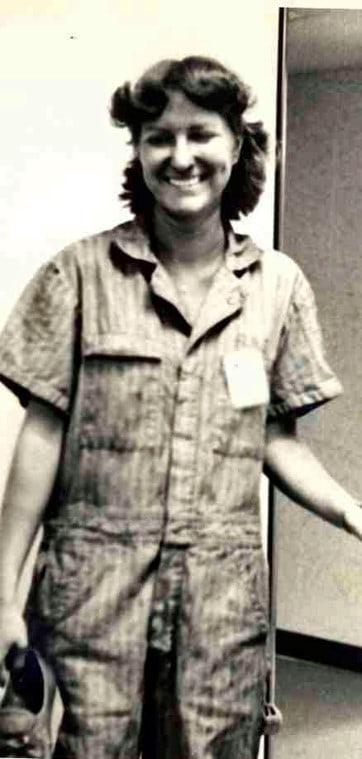
Vicki had worked in the oil and gas industry for more than 20 years at that point in her career. She heard the special name soon after arriving on board the Marco Polo. Her response was to laugh and embrace it, even referring to herself as the “riser dude.”
While on the Marco Polo, Vicki oversaw the work of the rig crew, multiple vendor service technicians, and drilling engineers. She was known for fostering a team “win” while saving a few dollars in the process. As promised, Vicki delivered a successful riser campaign.
Growing up in a small farming community in Illinois, Vicki always loved to get greasy. Handling tools with ease, she spent countless hours of her childhood working with her father on cars and trucks. While Vicki enjoyed her life, she knew there was something more for her beyond the farmstead.
In 1980, Vicki packed up her bags and headed to Texas A&M University, where she earned a Bachelor’s Degree in Mechanical Engineering Technology. The only woman in her class, Vicki was aware that whatever profession she would enter upon graduation would be male dominated as well. She had heard it before, even back in Illinois: “Women don’t become engineers.” Uncompromisingly, Vicki navigated her own career path.
Fresh out of college, Vicki applied for a design engineer position with FMC Technologies, a North American company that produced equipment for exploration and production of hydrocarbons. Rumor had it that she was hired to resolve a corporate lawsuit regarding previous hiring practices with women. Supposedly, the judge ruled that when the first woman with a technical background applied, she would be hired at any cost and integrated into the oilfield.
Upon hearing the story surrounding why she was hired Vicki immediately dismissed it. As she likes to state, “Anyways, I dug my heals in…”
Vicki went on to achieve many firsts in her career. She became the first female engineering manager offshore, serving on the FMC Surface Wellhead Team; the first woman to work as a forger and an engineering manager for Eastham Forge; and the first female engineer at National Oilwell and ABB Vetco Gray.
Of her nearly 40 years in the oil and gas industry, 20 were spent offshore in the Gulf of Mexico working for McDermott, Anadarko, HESS, and BP. Her focus offshore was on constructing and managing offshore riser installations, both platforms and floating production facilities. She holds 5 patents surrounding riser systems, a few of which were a result of the Macondo incident.
Vicki now works for Chevron as a Subsea Well Intervention (SSWI) Engineer, responsible for operations and modifications inside a subsea well after drilling operations are complete. She is at the end of her career, yet not ready for retirement. She makes women in maritime technology proud!
Vicki relishes her work, encouraged and inspired by those around her. She seems especially appreciative of the inclusive culture at Chevron. Vicki states, “It is encouraging to see younger women side by side with men and not having to face the adversities I did when I began 38 years ago.”
Although a lot has changed since Vicki graduated from Texas A&M, women are still a minority offshore today. Vicki encourages women to pursue careers in engineering, especially those who want to work in the oil and gas industry. To navigate and thrive, she offers 3 pieces of advice. First, pick and choose your battles – decide what’s worth it. Second, be open and honest with your life partner, your best friend, others, and yourself as to what you expect and where you want to go. And third, find something outside of your job to call your own and take time to do it.
As for the last piece of advice, Vicki shares that she enjoys photography and hiking, 2 hobbies she plans on exploring even further whenever she retires. For now, though, Vicki is enjoying the later years of her career. And who knows? She may just find a few more ways to be the first before hanging up her Chevron hard hat.

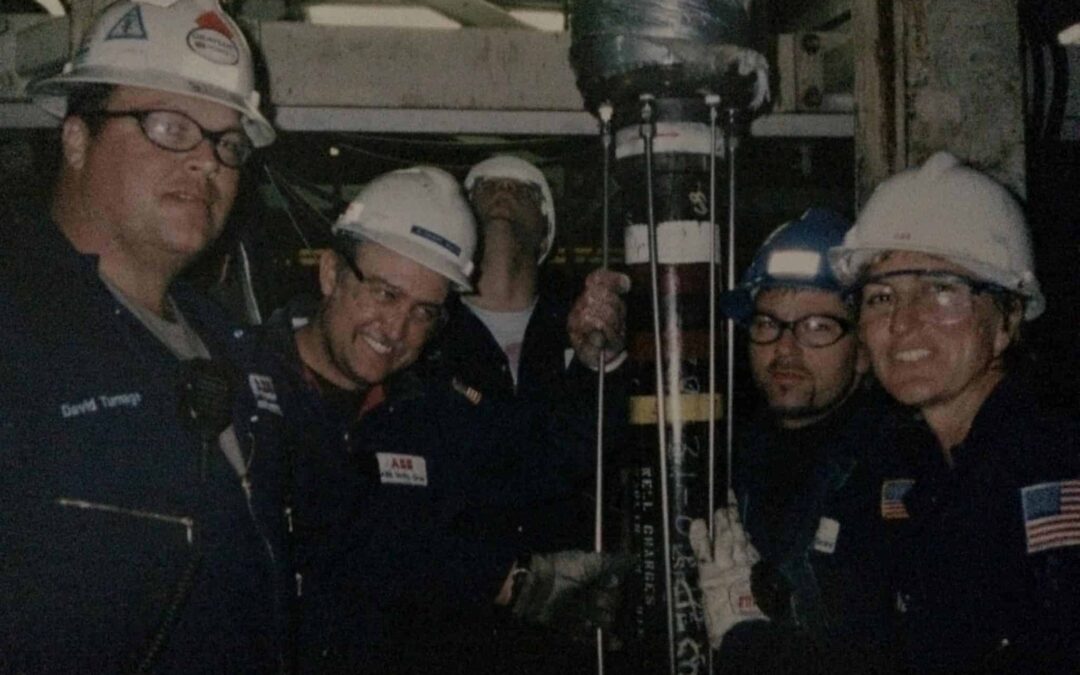
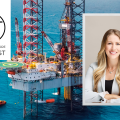

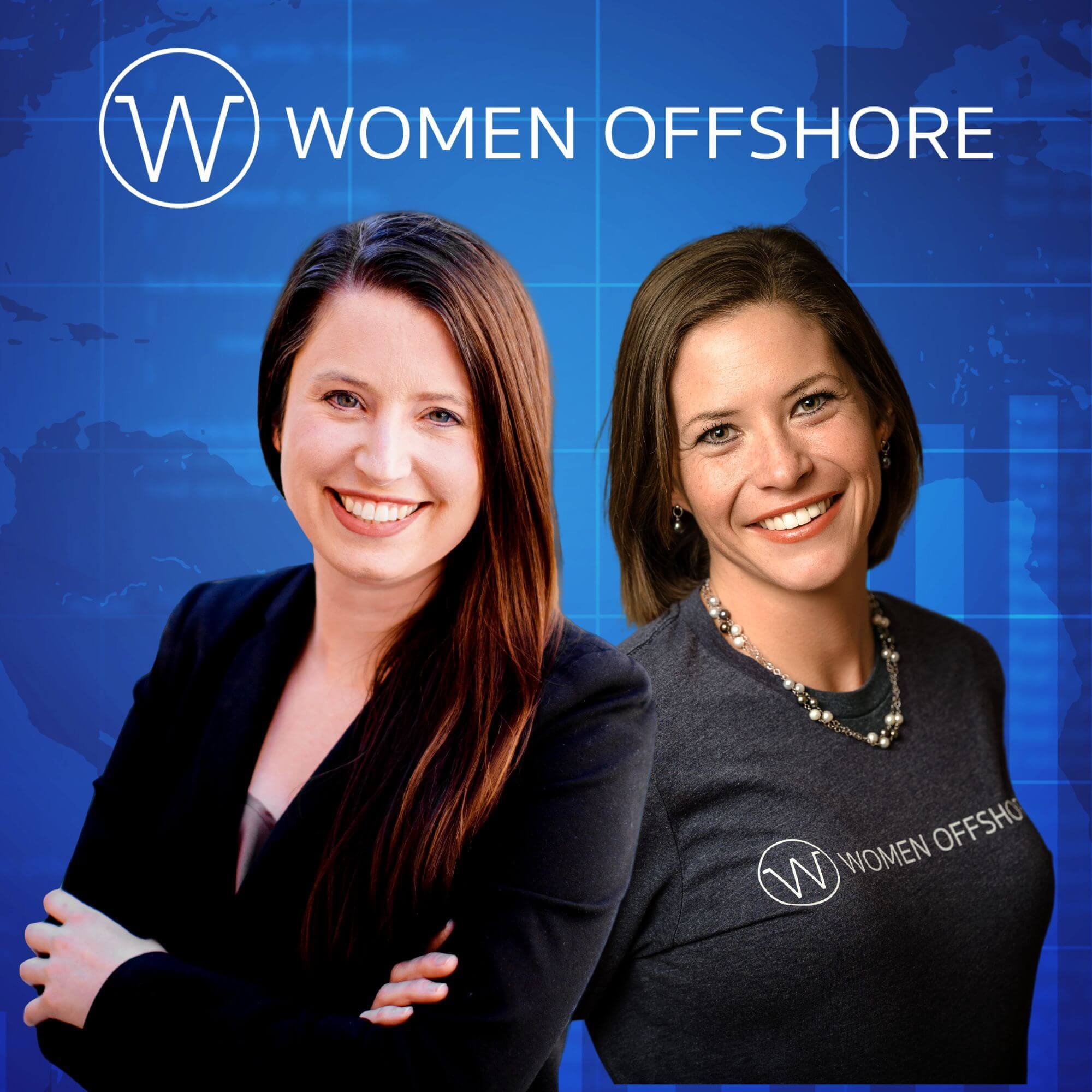
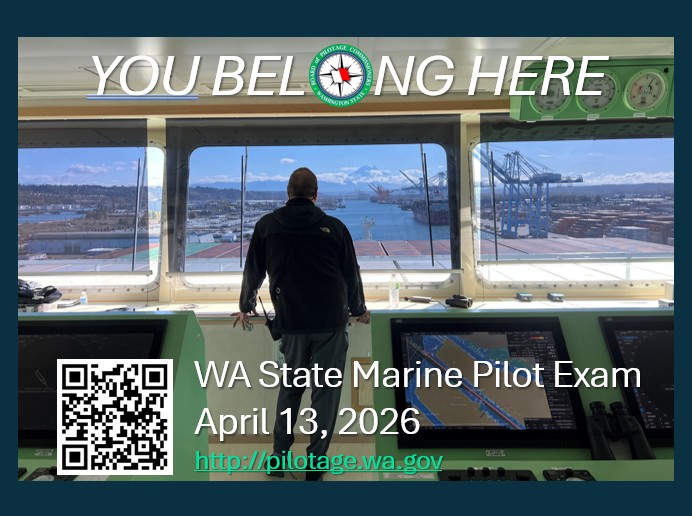

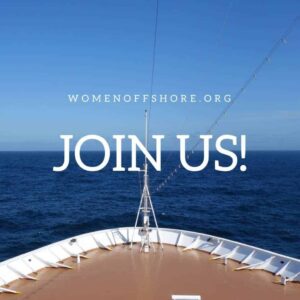
Recent Comments